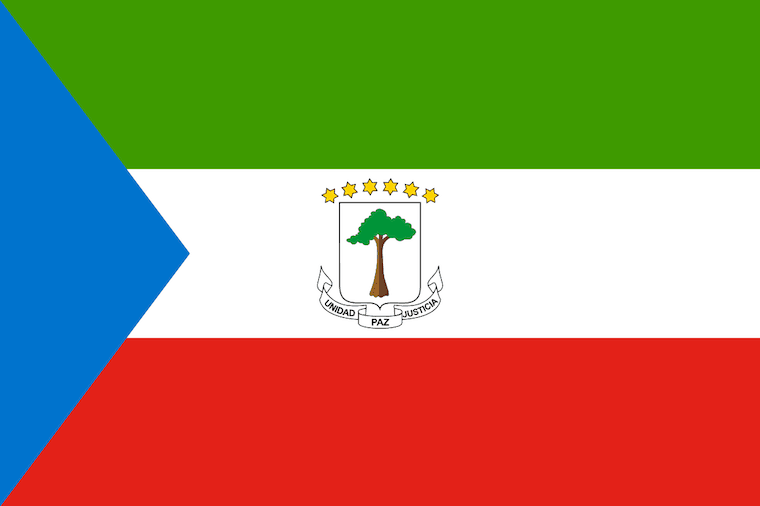Politics and Society
Equatorial Guinea celebrates independence: 10 facts
Equatorial Guinea today celebrates its independence from Spanish rule, attained on 12 October 1968. Happy Independence Day to all our brothers and sisters. We look at 10 facts which give a snapshot of the country.
Published
9 years agoon

1. Equatorial Guinea is a small oil rich country located on the west coast of Africa. It is made up of a mainland territory called Rio Muni, and five islands Bioko, Corisco, Annobón, Elobey Chico (Small Elobey), and Elobey Grande (Great Elobey).
2. The capital Malabo is located in Bioko.
3. Portuguese explorers first settled in Equatorial Guinea in 1472. Spain gained control of the territory in 1778 after Portuguese settlers agreed on a deal to cede the territory in exchange for land in South America.
4. In 1900 the continental mainland of Equatorial Guinea became a Spanish colony.
5. Equatorial Guinea gained independence on 12 October 1968 after 190 years of Spanish occupation.

President of Equatorial Guinea Teodoro Obiang Nguema Mbasogo
6. Equatorial Guinea is the only sovereign African state in which Spanish is an official language (68 percent of Equatorial Guineans speak the language). Portuguese is also widely spoken and the population speaks a variety of African indigenous languages which include: Fang, Bube, Benga, Ndowe, Balengue, Bujeba, Bissio, Gumu, and Pichinglis.
7. Equatorial Guinea has a population of 1,222,442 (2015 estimate).
8. The country is one of Africa’s largest oil producers and the economy is dependent on oil exports. However, the wealth is unequally distributed and a large proportion of the population still lives in poverty.
9. Equatorial Guinea’s President Teodoro Obiang’ Nguema is Africa’s longest serving leader and the world’s longest-serving president.
10. 93 percent of the population follows Christianity, with Roman Catholics accounting for the majority (87 percent). Two percent of the population follows Islam while the remaining five percent is made up of groups who practice Animism, Bahá’í Faith, and other beliefs.
Source: World Factbook/Wiki


